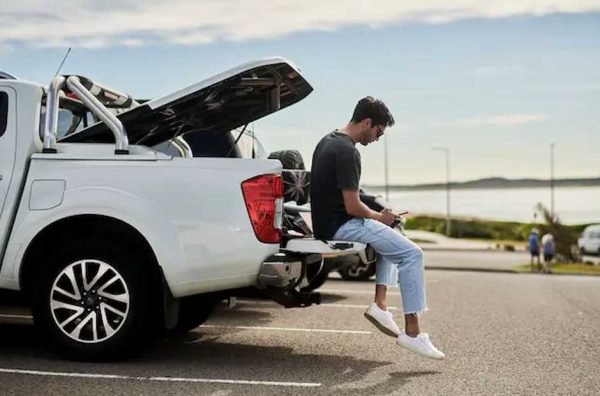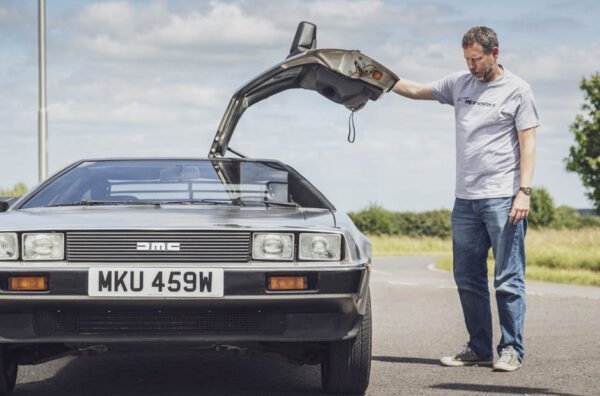After purchasing a home, purchasing a car is the second most important purchase. While occasional binges are acceptable, overstretching the car budget can generate financial stress and jeopardize long-term financial ambitions. When a person is willing to buy a new car, the purchasing amount is just the beginning; they also have to consider certain other things like vehicle history report checking and should involve these expenses while buying a new or a used car.
- Current Debt: If one has debt, such as educational or home loans, medical bills, or credit card balances, their payments may consume a significant portion of their income. A lot of debt will reduce their car-buying budget.
- Financing: One can fund their purchase with a loan. Lenders analyze their application as well as their credit score when they apply for a loan. The interest rate will be set once their loan is accepted. Their payback amount is determined partly by this rate based on the credit rating.The interest rate one pays influences both their monthly payments and their total repayment costs; a lower rate means one will spend less throughout the life of the loan.
- Earnings: Determine their take-home pay. This is their take-home pay after taxes. Experts recommend spending 10%-15% of their income on transportation, including car payments, insurance, and fuel. One may need to budget less depending on their income and spending.
- Taxes and Fees: When one buys an automobile, the total cost is merely a portion of the entire cost. One will also have to pay fees and, in most cases, taxes, such as
- Sales tax:If the state levies sales tax, one will pay it on the sales price minus any rebates or trade-in allowances. A few states do not tax car sales.
- Registration fees: One must enroll in their automobile. Registration fees might range from $25 to $55.
- Tag and title fee:One must pay for their automobile’s titles and registration plates.
- Paperwork or dealership feesare typical in various areas. These fees are all supplemental to the other expenses and vary by area.
- Car Insurance Rates: Almost every state requires drivers to have liability insurance. Most drivers, however, choose accident and full insurance for added security. Their premiums are determined by their vehicle type, age, driving history, region, coverage options, and the number of miles they anticipate traveling.Remember that the vehicle type one drives influences the sum insured one pays. Newer, more costly cars often cost more than that to insure, though there are exceptions to this trend.
- Maintenance Charges: While one might not think about repairs on a new automobile, all vehicles require upkeep. If their vehicle is ancient, it may require a tune-up or new tires. Maintenance costs vary roughly between 8 to 10 cents per mile on average.
- Fuel:When considering buying new vehicles, it is important to consider the potential costs necessary for fuel. If someone is buying a car for daily commutation, then it is certain that he will have to incur a considerable fuel price than those who are purchasing it for frequent long drives.
Poor public transportation often forces people to buy used cars in miami. It allows them to travel wherever they want without relying on erratic cabs. If money is an issue, try purchasing a secondhand automobile instead. However, be sure you don’t end up paying extra for its upkeep. It’s cheaper by 30%-40% depending on the condition and age of the car. This is because a car is always of a depreciating value, but still, one can be assured of its quality. Although it would be best for a buyer to avoid purchasing vehicles over five years old.
In a nutshell, it can be mentioned that if a person is ready to buy a vehicle, they should consider these things. Although, it is very much essential that while making the final payment, a buyer should always try to negotiate with the seller since this will help them to buy the car at its original value and not pay a penny more or less. Before making a final decision, do not forget to use the VIN check. This will help you avoid unnecessary expenses and save money when buying a car.





